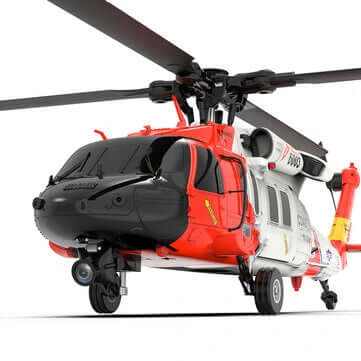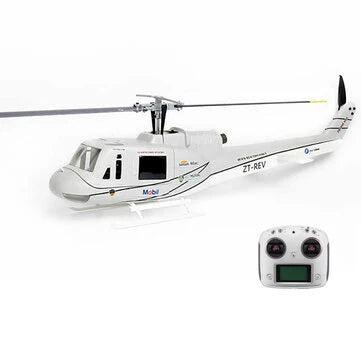Hobbies play a significant role in mental well-being, and scientific studies increasingly show that activities like RC flying, driving, and building can have profound cognitive and psychological benefits. While these hobbies are often seen as purely recreational, they actually engage the brain in ways that improve memory, coordination, problem-solving, and stress relief.
Cognitive Benefits: Sharpening the Mind
Research on brain plasticity—the brain’s ability to adapt and form new connections—suggests that engaging in skill-based hobbies strengthens neural pathways. Operating an RC airplane, car, or helicopter requires a mix of hand-eye coordination, spatial awareness, and quick decision-making, all of which contribute to cognitive sharpness. These are the same skills that benefit professionals in fields like aviation, engineering, and even surgery.
A study published in Frontiers in Aging Neuroscience found that activities requiring manual dexterity and precise control (such as model building and RC piloting) help keep the brain engaged, potentially reducing the risk of cognitive decline.
Stress Reduction and Mental Well-Being
In today’s fast-paced world, stress is a major concern. Immersive activities like flying an RC plane or racing an RC car demand full concentration, creating a state of “flow”—a psychological state where one is fully absorbed in an activity, losing track of time and external stressors. This state has been linked to lower cortisol levels and improved emotional resilience.
According to the American Psychological Association, hands-on hobbies reduce anxiety by providing a sense of control and achievement. The repetitive yet engaging nature of piloting an RC model can be therapeutic, similar to meditation or mindfulness exercises.
Memory and Focus: The Long-Term Impact
RC hobbies involve continuous learning—whether it's understanding aerodynamics, fine-tuning controls, or troubleshooting mechanical issues. This constant mental engagement strengthens memory and focus, skills that are crucial for both young and aging brains.
A study in Nature Neuroscience highlights that engaging in mentally stimulating leisure activities may delay the onset of age-related cognitive decline. This suggests that hobbies like RC flying could be more than just a pastime—they might actually contribute to long-term brain health.
Going All the Way: The Ultimate RC Challenge with Helicopters
For those looking to push their skills to the next level, RC helicopters offer one of the most technically challenging yet rewarding experiences. Unlike planes or cars, helicopters require constant control adjustments in multiple directions, testing reflexes, coordination, and focus in a unique way.
Many experienced RC pilots describe helicopter flying as a true test of precision and patience, making it an excellent exercise for cognitive endurance. The steep learning curve can be intimidating, but the mental benefits—from enhanced concentration to improved problem-solving—are well worth the effort.
Final Thoughts
Engaging in hobbies isn’t just about having fun—it’s about keeping the mind active, reducing stress, and continuously learning. Whether it’s flying an RC airplane, racing an RC car, or mastering helicopters, the science is clear: these activities do much more than entertain. They shape the brain, improve mental agility, and contribute to overall well-being.
What’s your experience with RC hobbies? Have you noticed any cognitive or emotional benefits? Share your thoughts!


